Have you read the English language version of the Wikipedia entry of you? It says you are a representative of the far-right Religious Zionist Party. The British BBC and the French Le Monde also refer to you as a far-right politician. Is this true?
In the international and the Israeli media, 'far right' essentially means right-wing. The Left as such has ceased to exist. In Israel, for example, there are barely five percent or so who identify as left-wing. The rest of the leftists claim to be centrists. They see everyone else as far right. The five-party coalition of 64 members, a majority, has been labelled 'extremist', which I do not consider myself to be. But I don't particularly care if the left-wing media call me that. I know that it is nothing but political PR. They will do anything to undermine the will of the people.
You are not only a politician, but also a lawyer fighting for democracy and a clearer separation of powers. Why have these issues been appropriated by the Left?
You're right, reading my CV, my education, my work places and my academic work without knowing who I am, I would think I was a typical leftist. Except that so-called human rights are far from the exclusive domain of the Left.
Unfortunately, they have appropriated the concept for their own political purposes.
Meanwhile human rights, or more correctly civil rights, are based on the rule of law, equality and transparency. In Israel, for example, the critics of the proposed judicial reform do not shy away from defying democratic will. In so doing, they are essentially supporting dictatorship. The Right made a mistake by not paying enough attention to this issue in the past, and by leaving the rule of law, freedom of information, data protection, the protection of criminals and so on to the Left. As they use these for their own purposes, even if it goes against the interests of the country.
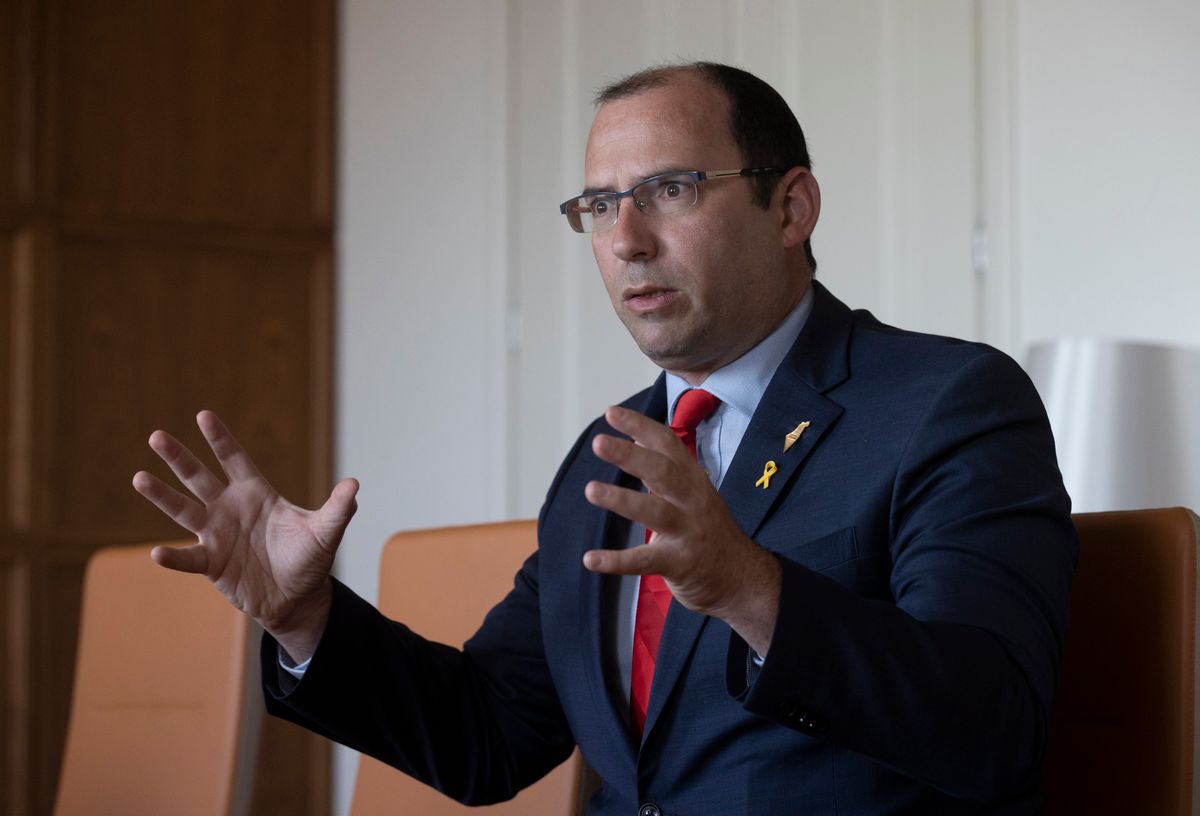
Following the attack of October 7, you raised a difficult dilemma: the issue of the rights of arrested terrorists. What is the problem?
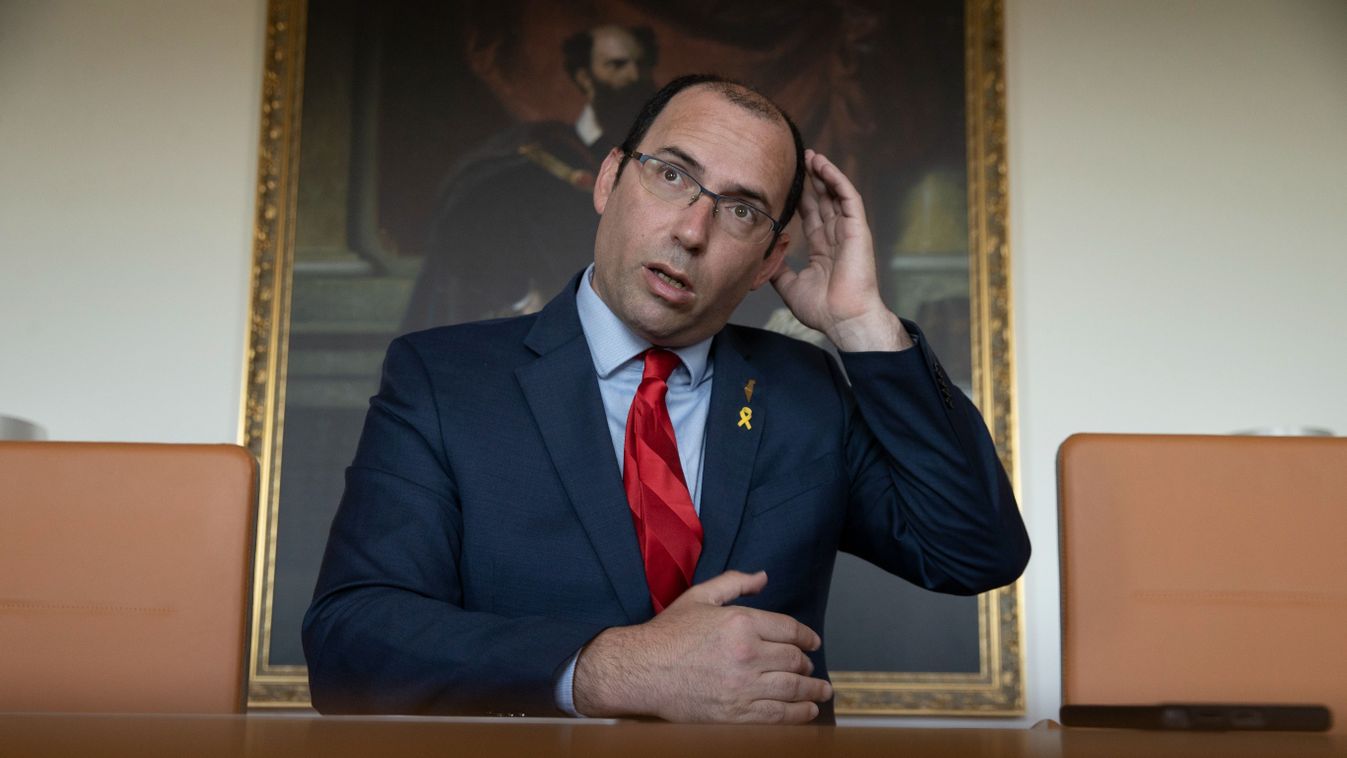
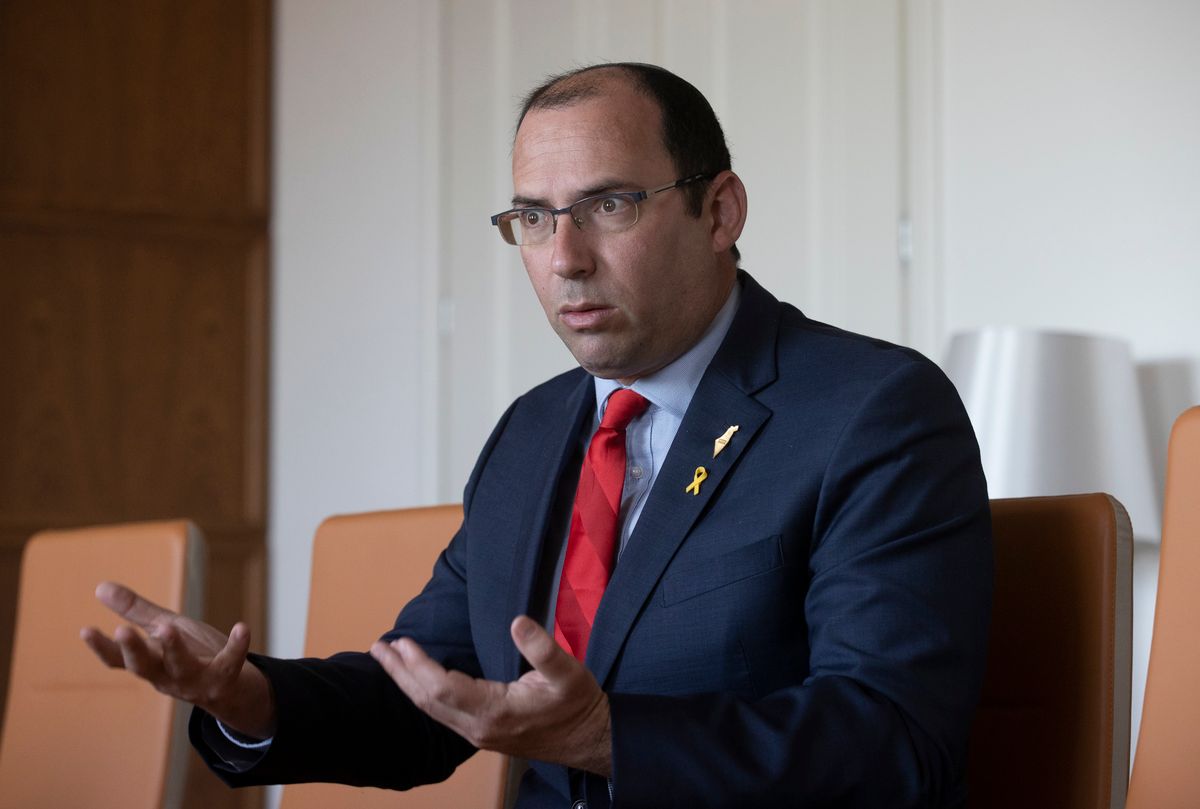
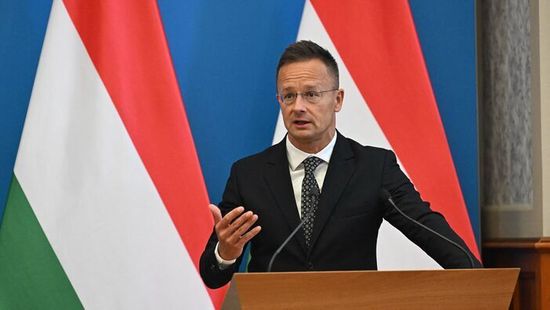

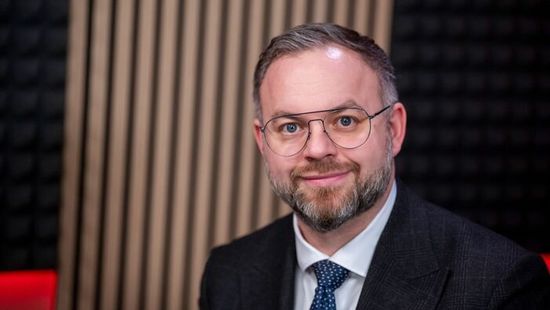
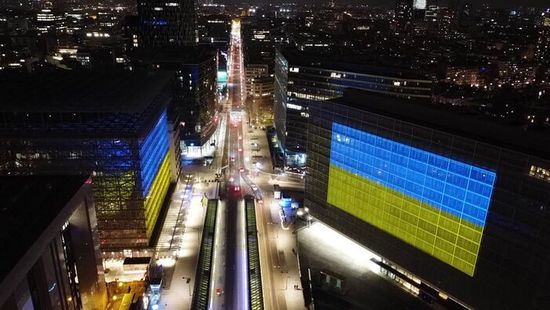


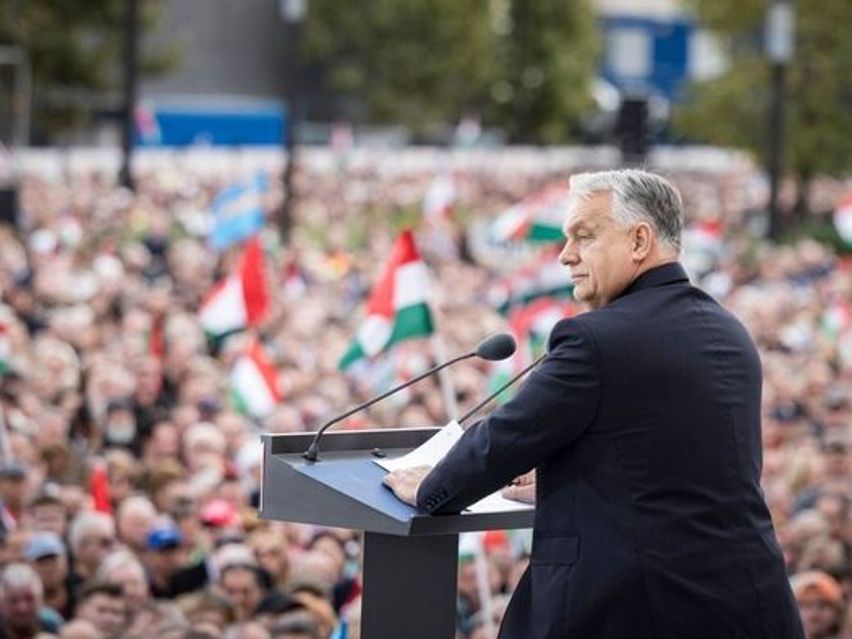

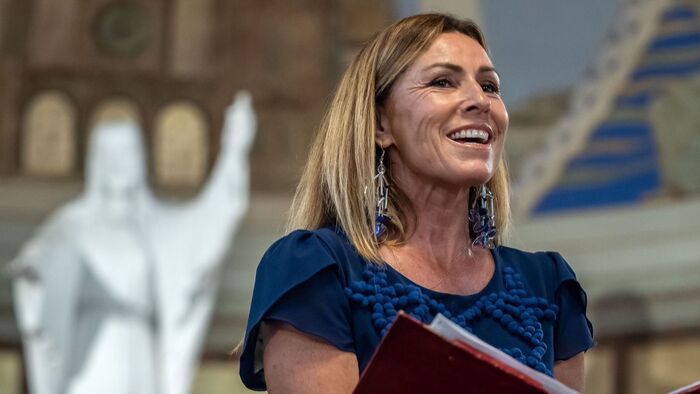

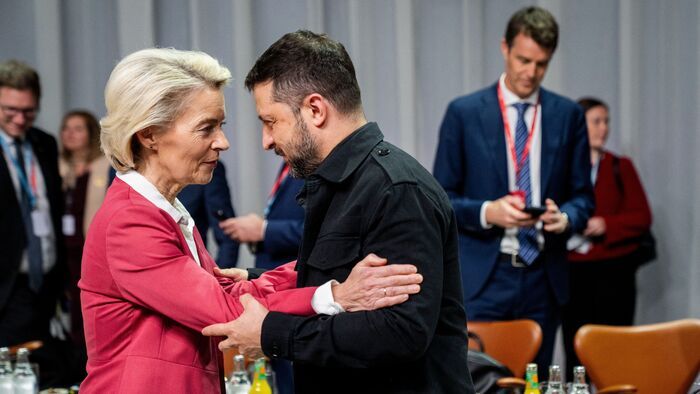
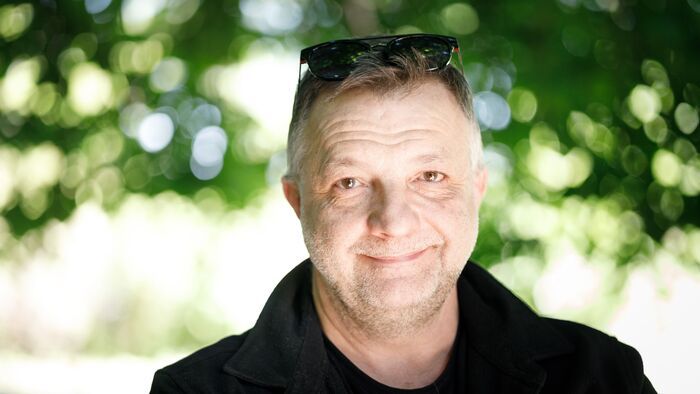
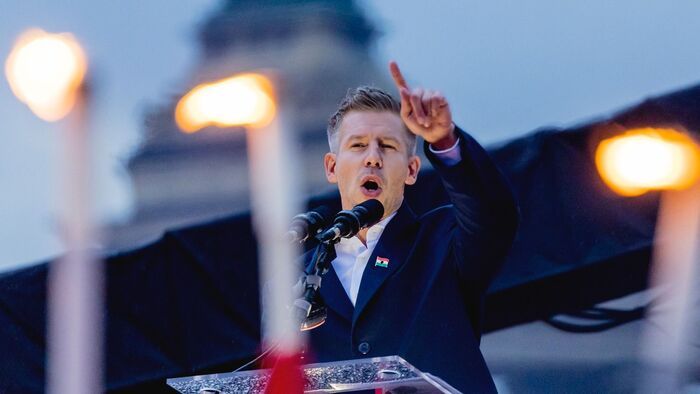
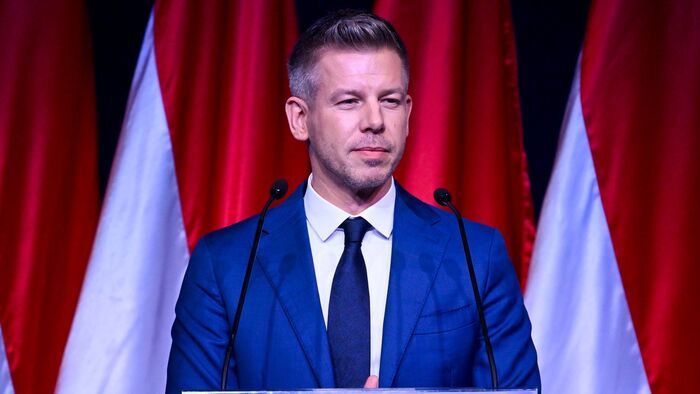
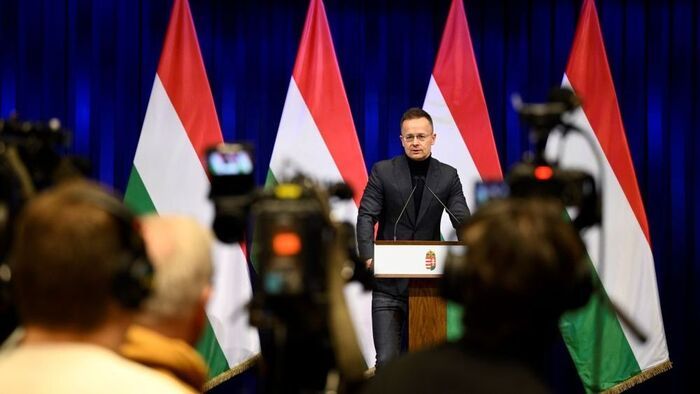

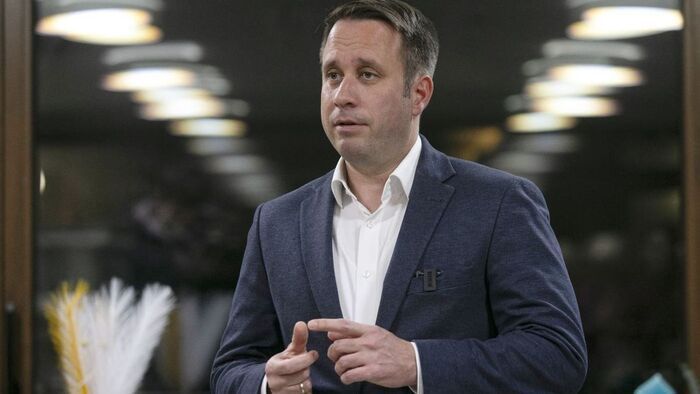





Szóljon hozzá!
Jelenleg csak a hozzászólások egy kis részét látja. Hozzászóláshoz és a további kommentek megtekintéséhez lépjen be, vagy regisztráljon!